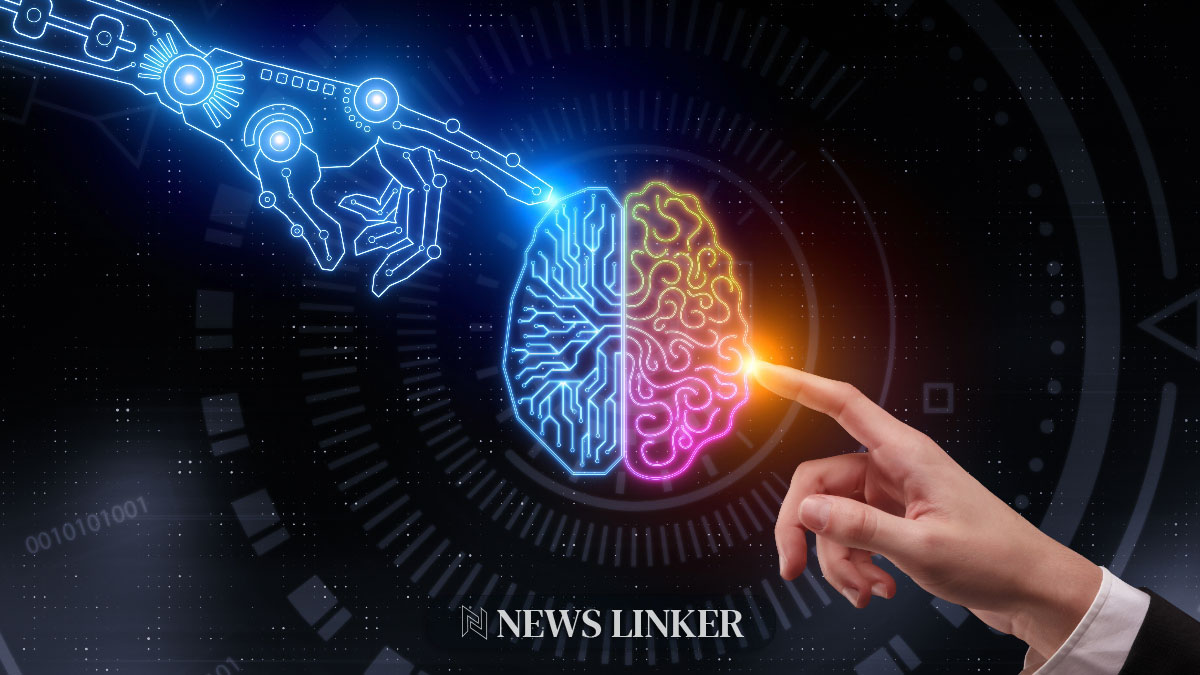The innovative application known as ResearchAgent is a testament to the transformative power of AI in scientific inquiry, specifically in the realm of idea generation. By harnessing large language models (LLMs), ResearchAgent assists researchers in efficiently navigating the complex web of academic literature, enabling the discovery of novel and relevant research concepts. This tool not only generates ideas but also refines them through iterative processes, ensuring a higher caliber of academic thought that is closely aligned with human scholars’ evaluations.
The evolution of AI in scientific research has been marked by gradual advancements. Previously, the application of LLMs in research primarily facilitated the validation of experimental results. However, their potential in the early stages of research, namely idea generation, was not fully tapped. Traditional methods such as literature-based discovery offered limited scope, focusing on specific relationships rather than expansive ideation. In contrast, ResearchAgent signifies a departure from these confines, aiming to synthesize wide-ranging knowledge from interdisciplinary fields to inspire comprehensive, contextually aware research proposals.
What Sets ResearchAgent Apart?
Developed collaboratively by researchers from KAIST, Microsoft Research, and DeepAuto.ai, ResearchAgent stands out by integrating an entity-centric knowledge store into its framework. This feature, along with its use of multiple reviewing agents for iterative idea refinement, propels it beyond existing methodologies. The collaborative refinement process it employs ensures the production of ideas that are not only clearer and more relevant but also creatively superior to those generated by other methods.
How Does ResearchAgent Function?
Operationalizing a three-step approach, ResearchAgent emulates the sequence of human research activities: pinpointing problems, formulating methods, and designing experiments. LLMs, augmented with a vast repository of entities from scientific texts, suggest initial ideas based on a core paper and its related literature. The subsequent iterative refinement with ReviewingAgents, using criteria informed by human annotations, ensures a continual elevation in the quality of research ideas generated by the AI.
Can ResearchAgent Improve Research Quality?
Empirical assessments of ResearchAgent’s performance confirm its effectiveness in devising superior research ideas. Notably, it surpasses baseline models, particularly when integrating relevant entities, thus boosting creativity. Cross-validation between human experts and model-based evaluations further verifies the reliability of this tool. Although the iterative refinement process observes diminishing returns beyond a point, its contribution to the enhancement of research ideas remains significant. This underscores the importance of powerful LLMs, like GPT-4, in advancing the capabilities of such tools.
Useful Insights for the Reader
- ResearchAgent exemplifies AI’s potential in scientific ideation and refinement.
- Collaborative AI-human workflows can significantly enrich academic research.
- High-impact literature, when integrated with AI tools, leads to better ideas.
ResearchAgent heralds a new horizon in scientific research, offering an automated pathway for idea generation that encompasses comprehensive problem-solving, methodological innovation, and experimental design. This AI tool leverages relationships from citation graphs and extracts relevant entities from a multitude of papers, thereby enhancing the creative process. The iterative refinement, governed by human-like reviewing agents, ensures the development of ideas that are not only innovative but also clear and valid. As a result, ResearchAgent emerges as a collaborative partner in the scientific endeavor, bridging the gap between artificial intelligence and human intellect to pave the way for unprecedented exploration in research.










